William Schreiber


"Write the story only you can write."
I had the pleasure of interviewing William Schreiber, author and screenwriter, and winner of the WFWA’s 2019 Rising Star Award and discussed writing and his newly released debut novel, Someone to Watch Over.
Why did you write the book?
I found my way into writing his eulogy by recalling us five kids with our parents in a station wagon visiting Old Florida roadside tourist spots. I wrote the story originally as a screenplay. It resonated at film festival competitions, winning multiple best screenplay awards, so I adapted it into a book.
Is there an area in the book that you struggled with?
When I wrote the screenplay, I didn’t outline. Something was pent up in me that poured out, so I just rode the wave where Lennie and her brother, John, took me. It was a structural mess. I knew the beginning, and I knew how I wanted it to end. The problem was act two, that daunting desert we have to cross in the middle that comprises roughly fifty percent of a three-act story.
I broke act two into manageable chunks. I worked out major structural points where complications, twists, setbacks, and reversals of fortune forced Lennie and John to make decisions to deepen their emotional stakes. I wrote from tentpole to tentpole, allowing myself room for creative wanderings and discovery. Because I put the structural work in, I was able to use the screenplay as an outline for the book.
Once the book was revised and ready, what was your publishing path?
My path started with a recognition that I didn’t know how to write a novel. I was certain the first draft would be a mess, and I didn’t disappoint! I worked with a wonderful editor who taught me how to transition from screenwriter to novelist as I deepened the characters and story beyond what I could do within the constraints of a screenplay.
Once the manuscript was ready, I looked for a community of supportive, like-minded writers, and discovered WFWA while also researching and querying agents. I was in the middle of my rejection phase (a phase everyone must go through) when I was named a finalist for the Rising Star Award last summer.
Meanwhile, I attended the Willamette Writers Conference in Portland. I networked, listened, and continued to learn about publishing. I met and pitched my future publisher there, Benjamin Gorman. I was able to lead with the Rising Star Finalist credential and, his interest piqued, he requested the manuscript. I was fortunate to win a Rising Star Award and sign with Ben at Not A Pipe Publishing. Someone to Watch Over was published on May 26, 2020.
Advice to new writers
Enjoy the creative journey. Celebrate the small victories. Scream into your pillow every rejection milestone—10, 20, 50, 100—just don’t take it personally.
Don’t rush into writing; give your imagination time to work first. Figure out the big plot moments, the frame over which the story will stretch. Write from point to point (it’s less scary than facing the entire storyscape at once), wandering at will in between. Allow for sideways thinking; that is, let your mind roam. The story’s bits and pieces coalesce when you’re not thinking directly about them, even while you sleep! Life experience provides a rich well of story possibilities, and the longer we live, the more we go through, the more people we meet, the deeper that well gets. As strange as it may sound, I never felt more alive than after writing this story inspired by my father’s death. It’s a story only I could have written. We all have stories within us. Tell yours.
